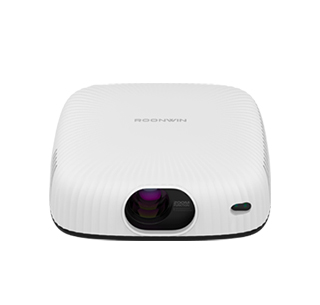
Maintaining projector screens is essential to ensure optimal image quality, extend their lifespan, and provide a seamless viewing experience. Regular maintenance not only helps to keep the screen clean and free from damage but also ensures that it continues to perform at its best over time.
One of the most basic yet crucial aspects of projector screen maintenance is regular cleaning. Dust, dirt, and fingerprints can accumulate on the screen surface, affecting the clarity and brightness of the projected image. To clean the screen, it is recommended to use a soft, lint - free cloth. Gently wipe the screen in a circular motion to remove any surface debris. Avoid using abrasive materials or harsh chemicals, as they can scratch or damage the screen surface. For stubborn stains or marks, a mild screen cleaner specifically designed for projector screens can be used. Apply the cleaner sparingly to the cloth and then gently wipe the affected area. After cleaning, allow the screen to dry completely before using it again.
Inspecting the screen for damage is another important part of maintenance. Regularly check the screen for any signs of wear, such as tears, holes, or loose seams. If any damage is detected, it should be addressed promptly to prevent further deterioration. Minor tears or holes can sometimes be repaired using screen repair kits, which typically include adhesive patches or tapes. However, for more significant damage, it may be necessary to consult a professional screen repair service.
For motorized projector screens, proper maintenance of the motor and control system is crucial. Periodically check the motor for any unusual noises or vibrations, which could indicate a problem. Ensure that the control buttons or remote control are functioning properly. If the motor stops working or the screen fails to raise or lower, it may be due to a mechanical issue, a power problem, or a malfunction in the control system. In such cases, it is advisable to contact a professional technician who has the expertise to diagnose and repair the problem.
Storing the projector screen correctly when not in use is also important for its maintenance. If the screen is a portable or pull - down type, make sure it is fully retracted and stored in a cool, dry place. Avoid storing the screen in areas with high humidity or extreme temperatures, as this can cause damage to the screen material. For fixed - frame screens, protect them from physical damage by covering them with a protective sheet or curtain when not in use.
In addition, it is a good practice to follow the manufacturer's maintenance guidelines and recommendations. These guidelines usually provide specific instructions on how to clean, inspect, and maintain the screen based on its type and material. By adhering to these guidelines, users can ensure that their projector screens remain in good condition and continue to deliver high - quality images for years to come.
Read recommendations:
HW45 Home Cinema - HW Series Projector
250 Lumen DLP Projector with Auto Keystone Correction
Low Projector Noise
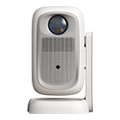
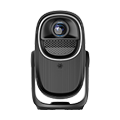



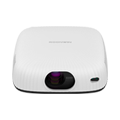
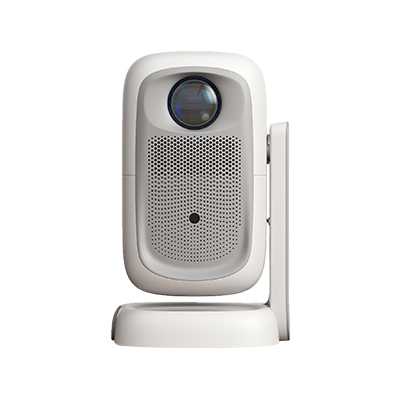
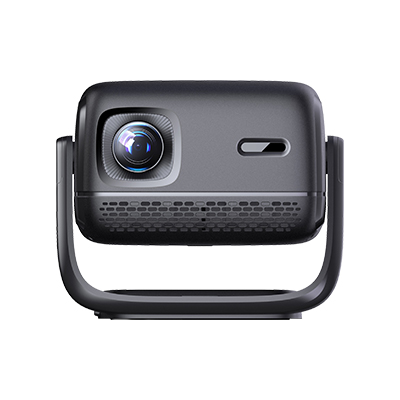
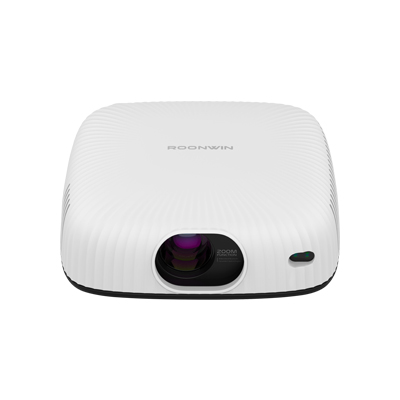









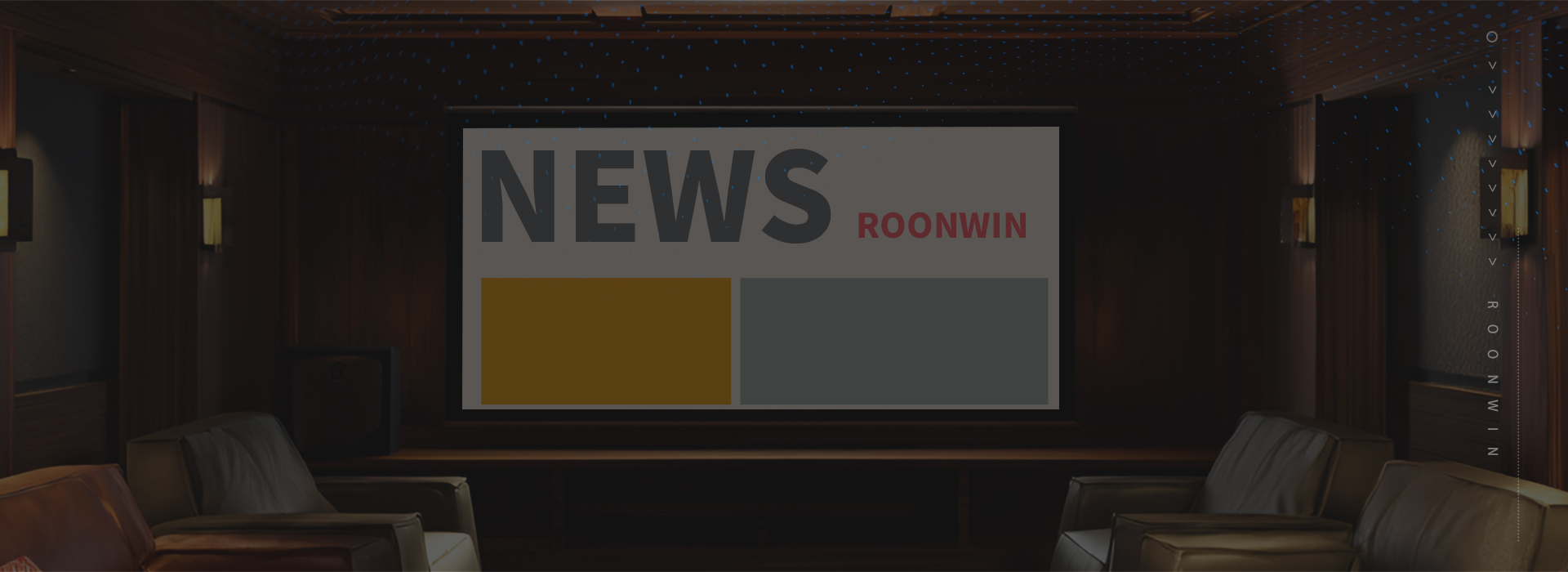
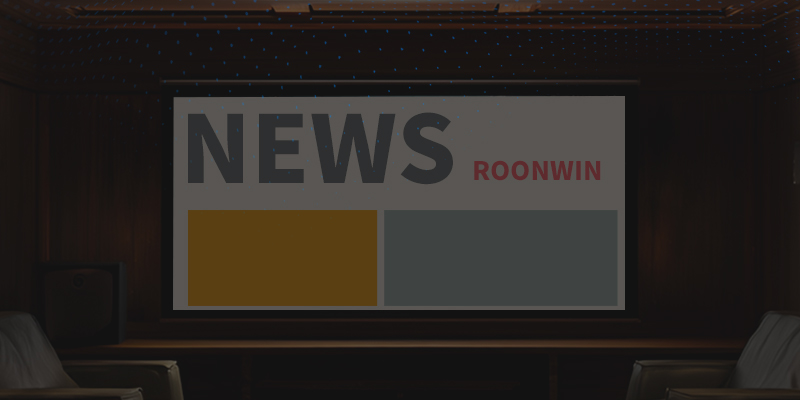
 Reviewed:
Reviewed:











